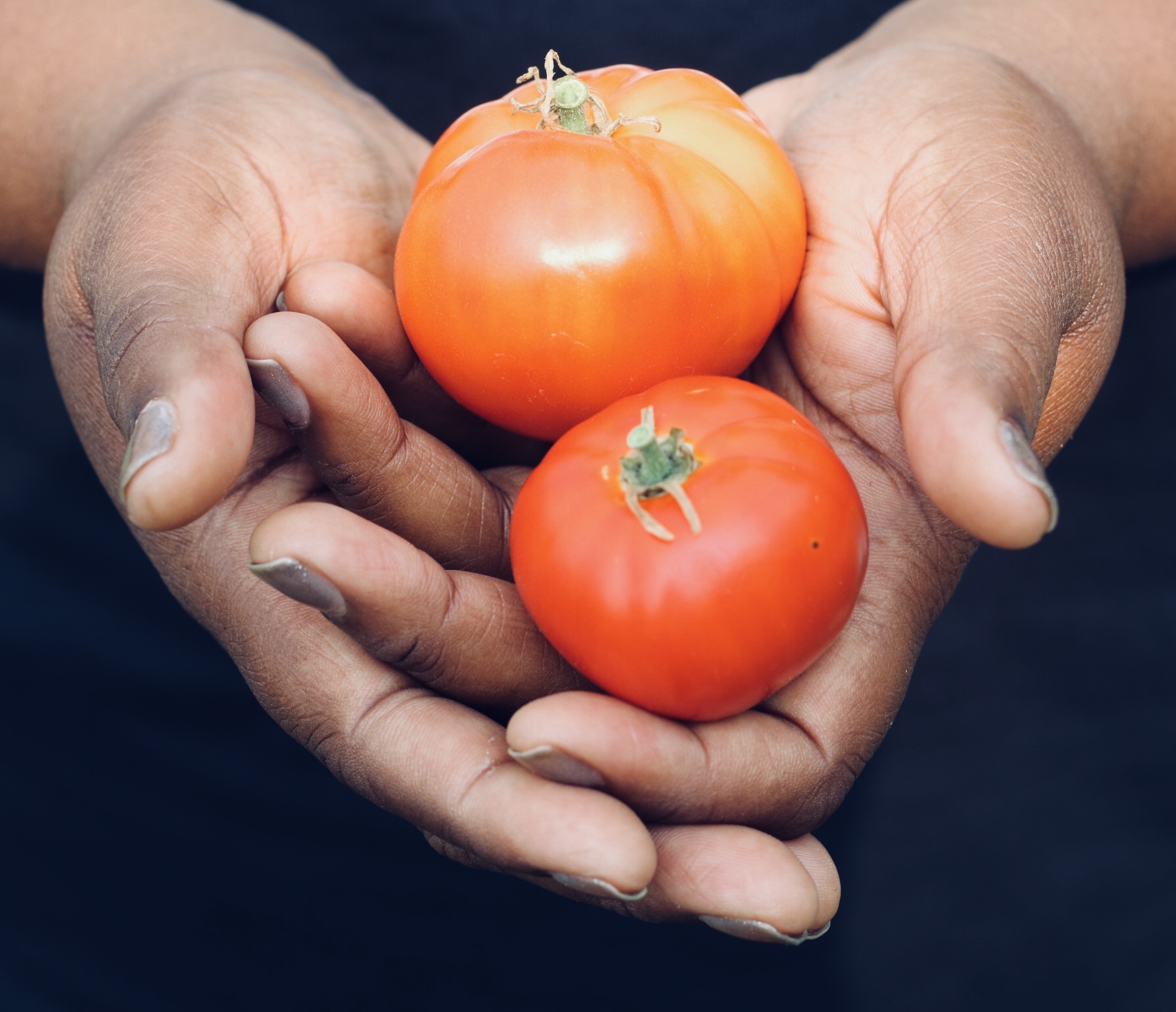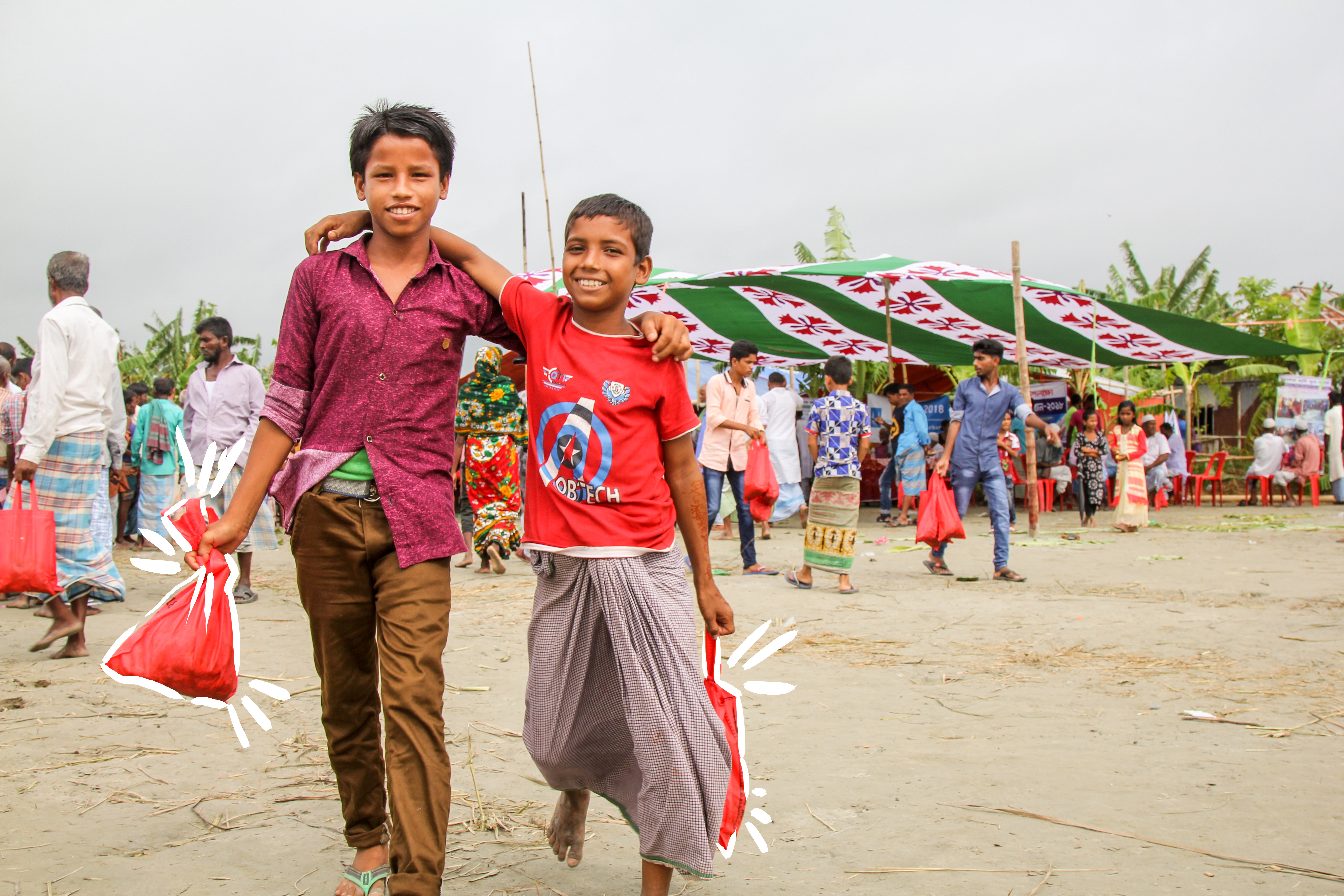Water Wells Help Keep Peace, Improve Living in South Sudan Villages
Nada Shawish Communications Specialist for Islamic Relief USA Reports from Tigili Village.
“Your responsibility is cleanliness,” reads a sign posted to a tree that an Islamic Relief hygiene and water source management session is being held under. The teacher is local Islamic Relief staff, who has good working knowledge of Tigili village in South Sudan, and a good relationship with the people here–because he’s from the area himself.
Nadu Hamney is one of the village elders and he described some of what they’re learned in the free education sessions.
“We learned hygiene training, we learned how to keep the water point clean, and how to solve disputes between us concerning the water point,” he said, pointing in the direction of neighboring communities.

Islamic Relief donors helped build a water point closer to Tigili Village to solve a long-standing issue of people drinking from open and dirty water sources far into the bush, miles away from their village. Such a basic project is a huge advancement here, where conflict over water sources is common and people die just for water. Constructing more water points between villages and instructing people how to use them not only keeps the peace between people, but ensures everyone is drinking clean, safe water that they won’t get sick from.
Jacob is another one of the village leaders in Tigili and he was sincerely grateful that Islamic Relief would come to them at the ground level, see the way they were living, and make efforts to improve life for them.
“Thank you very much for Islamic Relief,” he said. “Thank you for coming here. It’s good that you see what’s been done here and also how people are living. The area is very big, the people are many and scattered, and water is very for for us although it’s necessary for every day life.”
Now that they have a nearby water source that’s clean, many people in the village said they realize what they’d been missing and had no idea how much such a small change could positively affect their lives.
“We now know that help like this can improve life for us dramatically,” said one gentleman. “We now also realize how much more can and needs to be done to us better in the future.” And this forward thinking is positively affecting women’s lives especially.
Water fetching was a full-time job for most women and girls in Tigili. Because water is so necessary for life, they’d spend hours upon hours taking the risky walk through tall grass and bush, off the main road, to get to ponds and other open water sources.

They’d fill jerrycans and jugs and carry the heavy load on their heads and backs the whole way back to the village. And they’d sometimes have to do this multiple times a day. This journey for water is risky enough during the day, and it’s even more dangerous at night, where there’s no electricity and you’d have to rely on your own sense of direction to get you to water and back.
By building the water source on the main road, within walking distance of the village and others around it, women and girls have a lot more time in their day to focus on other things, even getting an education.
“For a long time, we had no water,” one woman said. “Now I am happy–I can cook, clean, wash … Now I can spend more time doing things with my family and for my community.”
Joyce Moro and Regina Aya are young women from Tigili. They carried jerrycans to the water point with us to show us how they now collect water thanks to Islamic Relief and explained how different it is for them now.
It’s hard to understand how scary walking through the bush is during the day or night for water unless you see that pathless journey with your own eyes. The grass is so high at times, it reaches over your head. It’s hard to see what animals, insects or even people might be on the way until you run into them. Walking is difficult on the feet even with good shoes, as there are rocks and uneven land beneath every step–many villagers have sandals or walk barefoot. It’s extremely hot during the day and pitch black at night.
“The new water point provides clean drinking water, and it tastes good,” Regina said. They had brought a cup of the brown, muddy water they used to use to show us the difference. “Thank you, it’s much easier for us now, and it’s healthier. Before, we had to go deep into the bush and now we can walk on the main road.” When I asked whether they felt they were in danger getting water before this water point Regina just smiled and clicked her teeth. “It’s not easy for women. This is a difficult thing.”
Although some people in other villages haven’t learned to trust the new water point yet, many are slowly adjusting as they see it improving the health of the people around them.
And the water point is being managed by local residents too. A hand pump technician has been trained in the village among others to maintain the water point and conduct repairs. Now that the water source is established and people are using it regularly, local residents take great pride in its upkeep and are looking for ways to continue improving it and their lives.
“I wish I could cut the Islamic Relief banners and hang them on my body so that I can tell people,” said Nadu. “So that I can say this relief has been given to us by Islamic Relief.”
More than 1,000 people live in Tigili and many more pass through the area and live in other villages.



